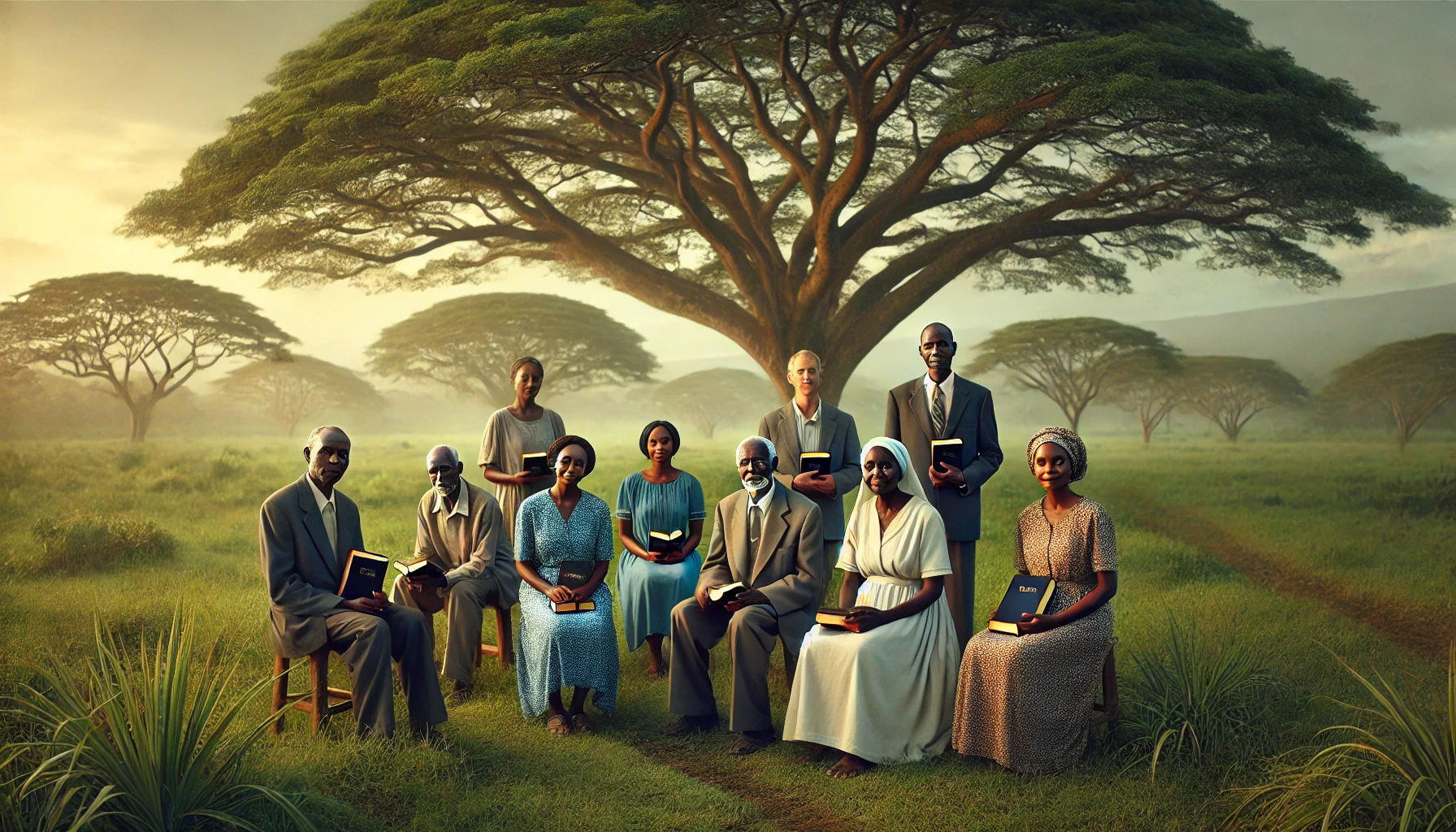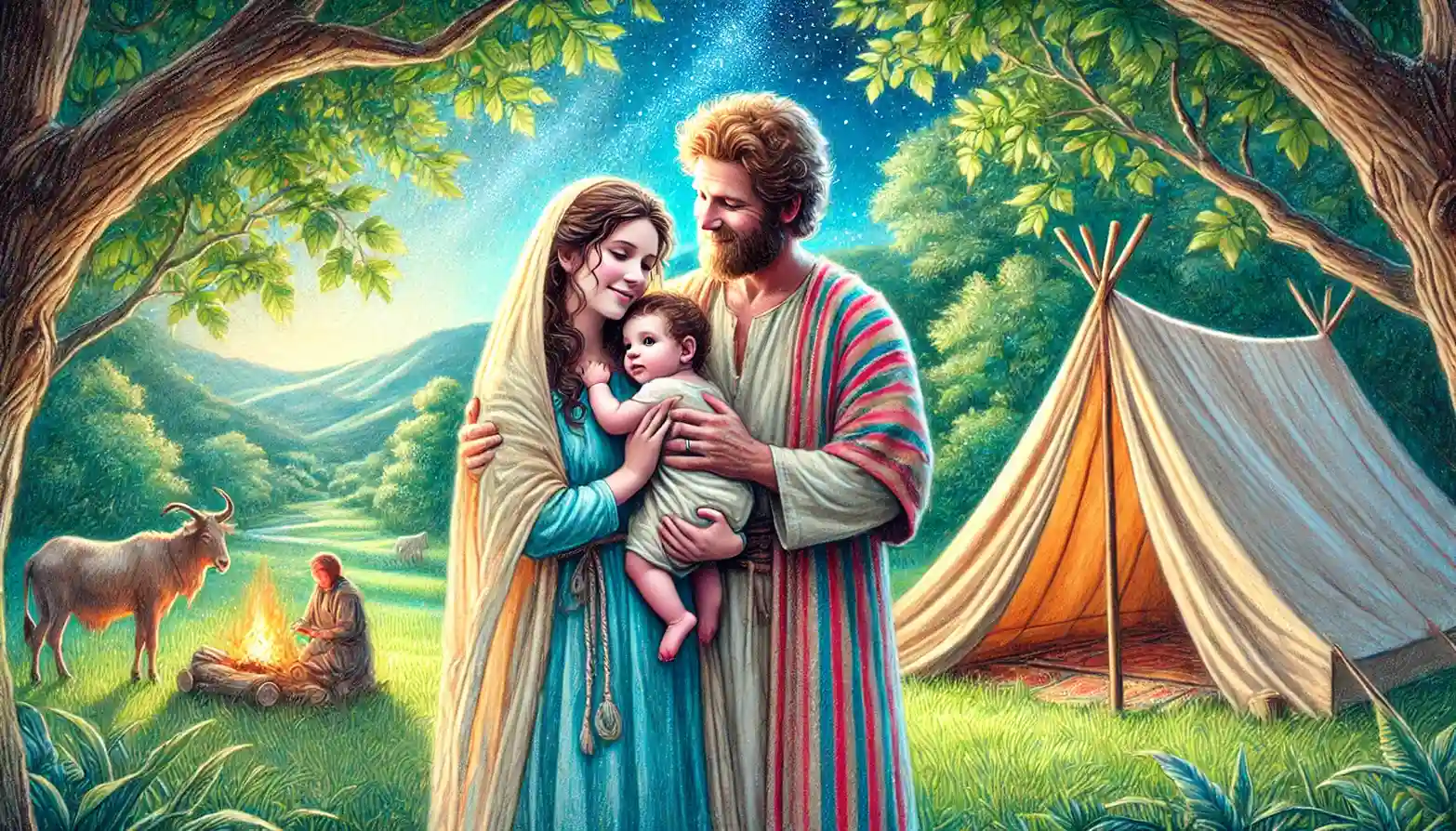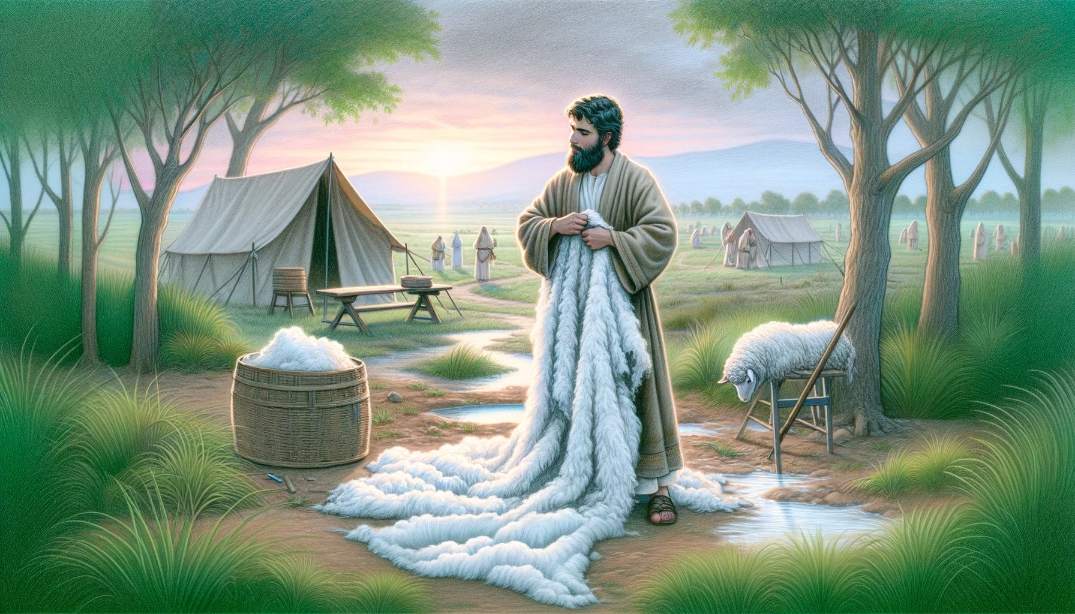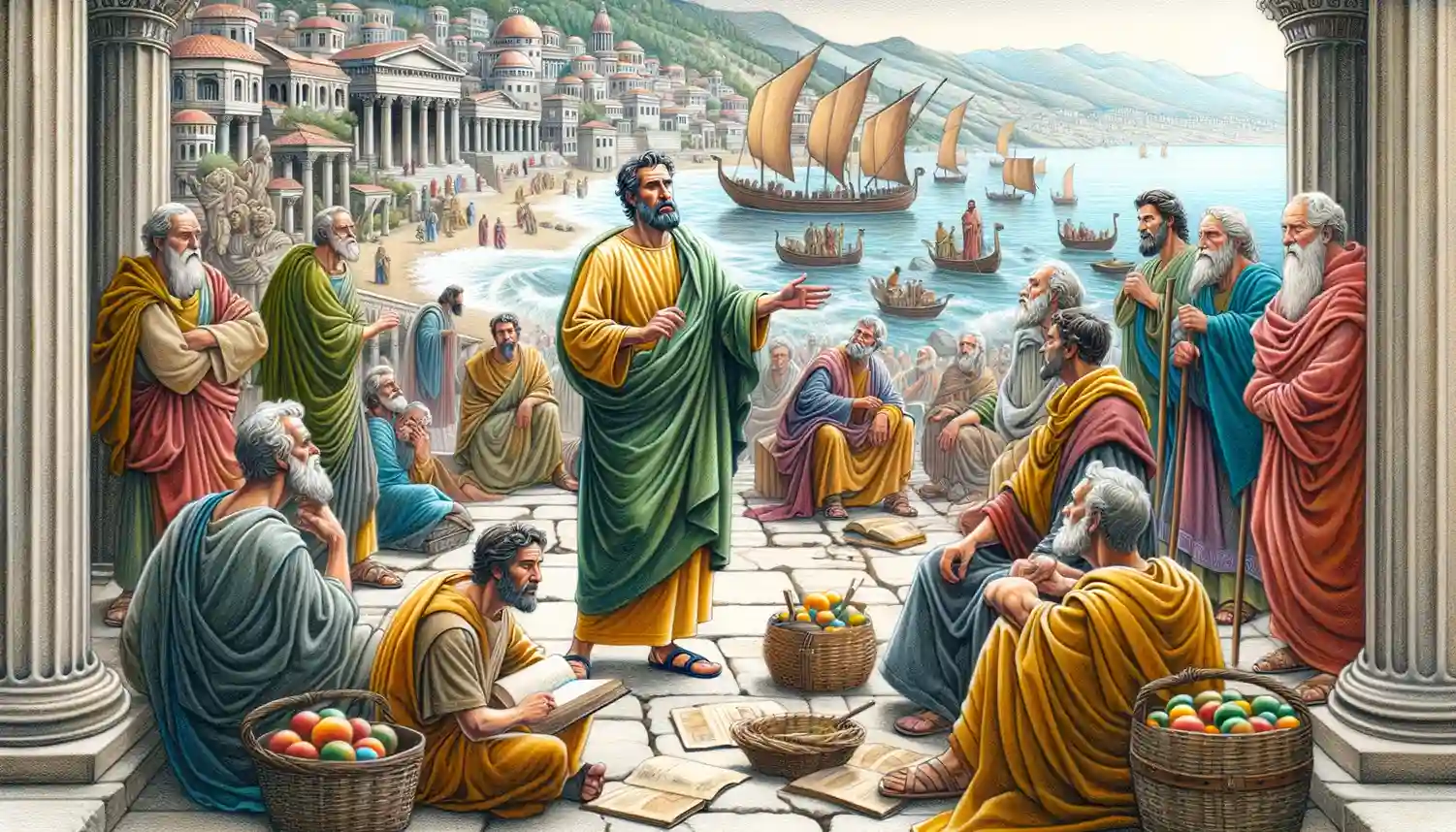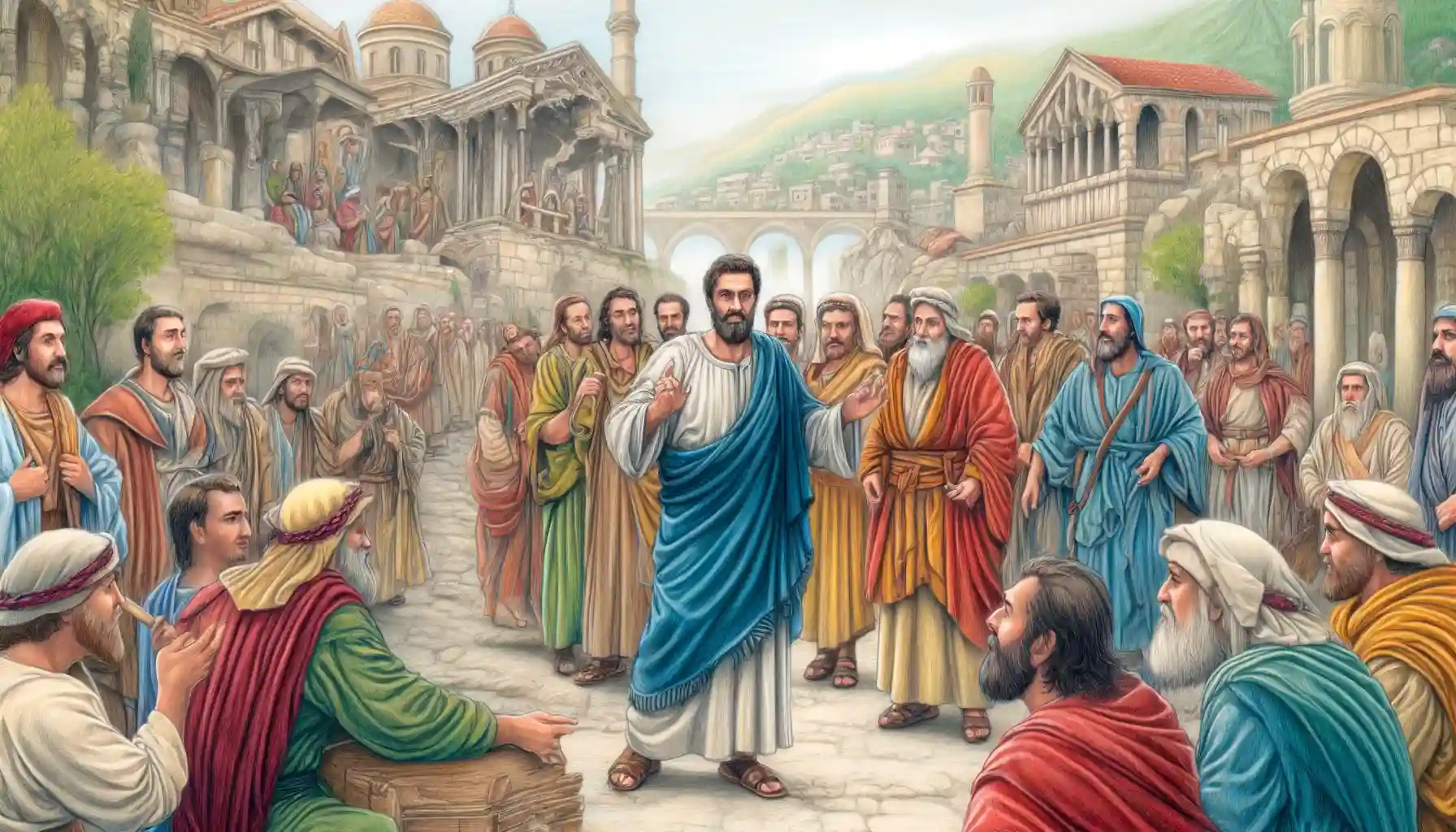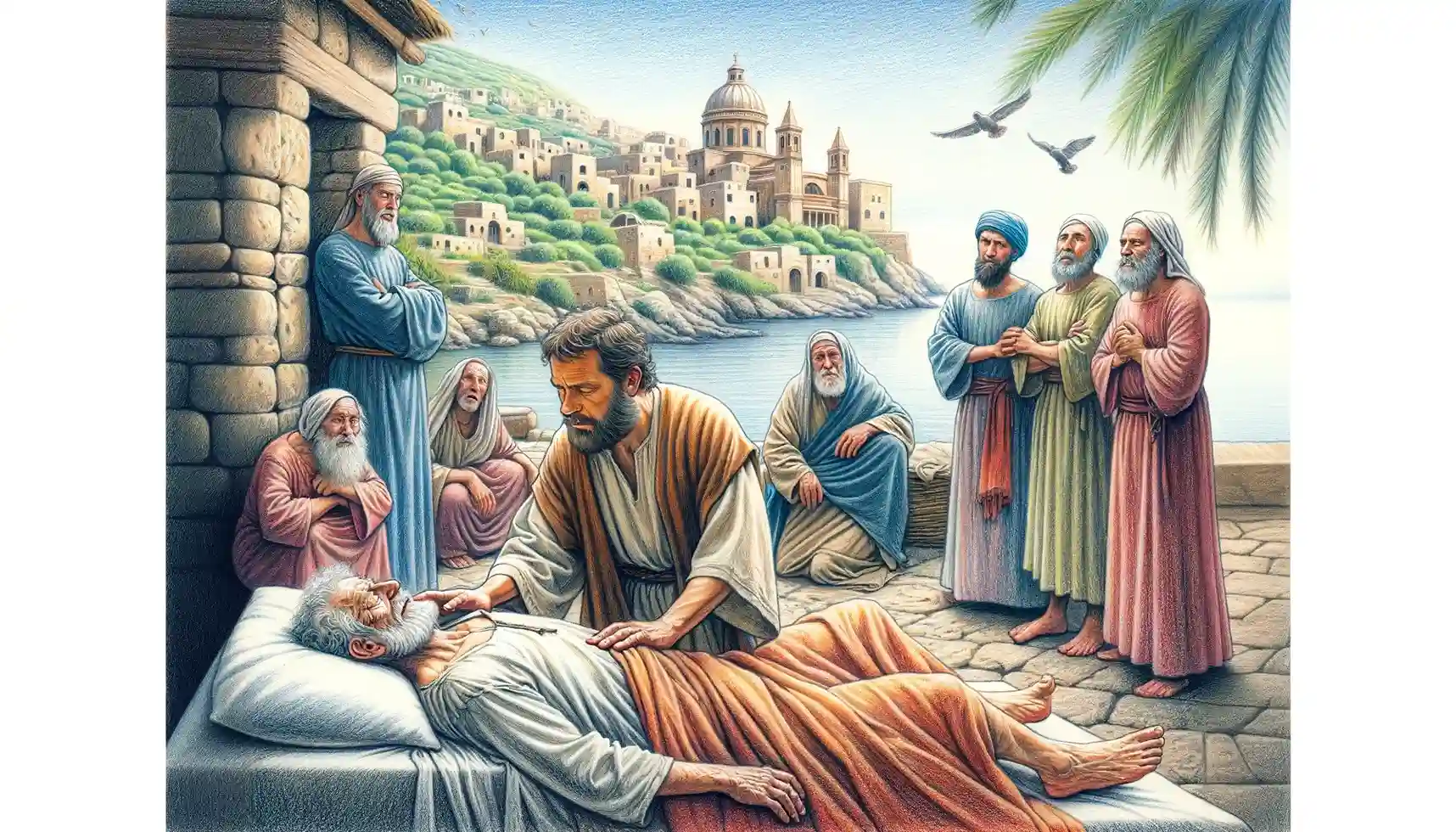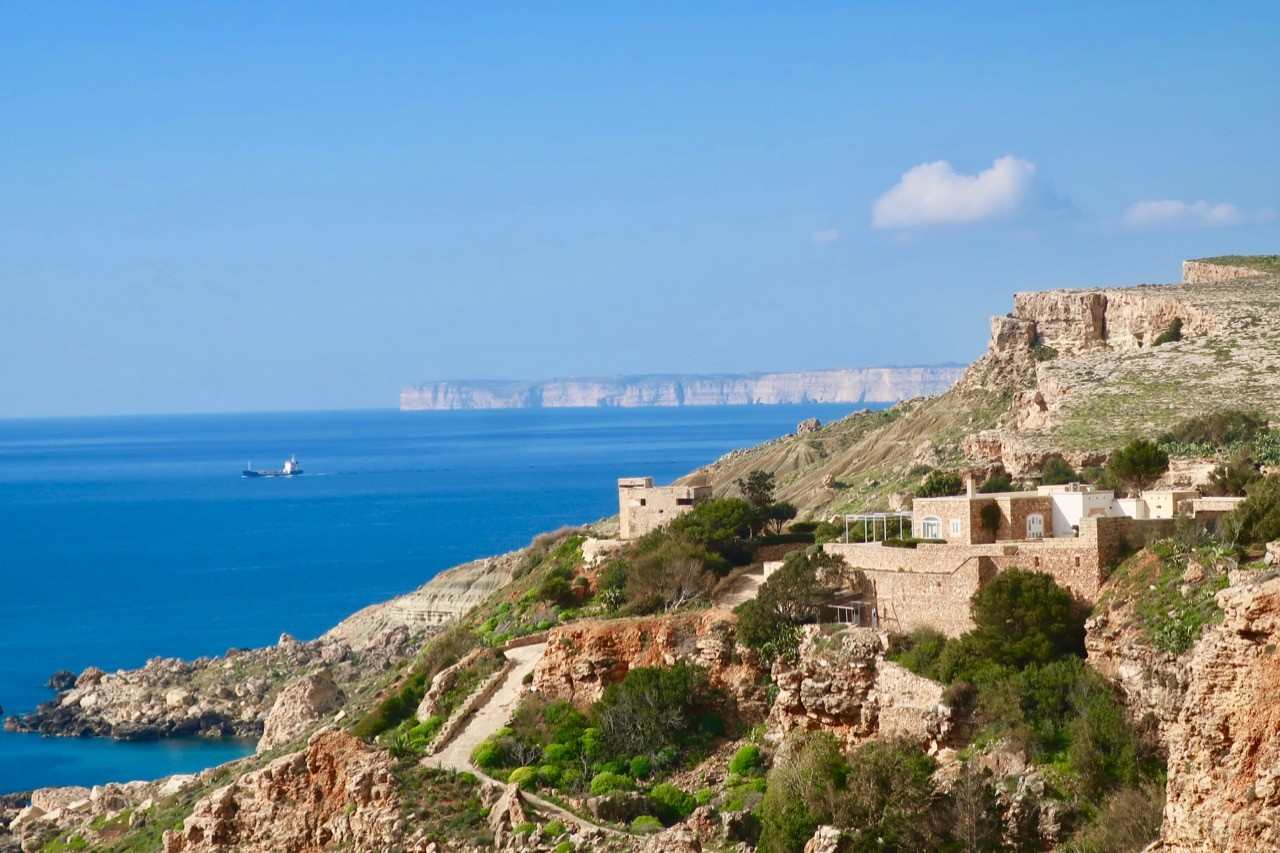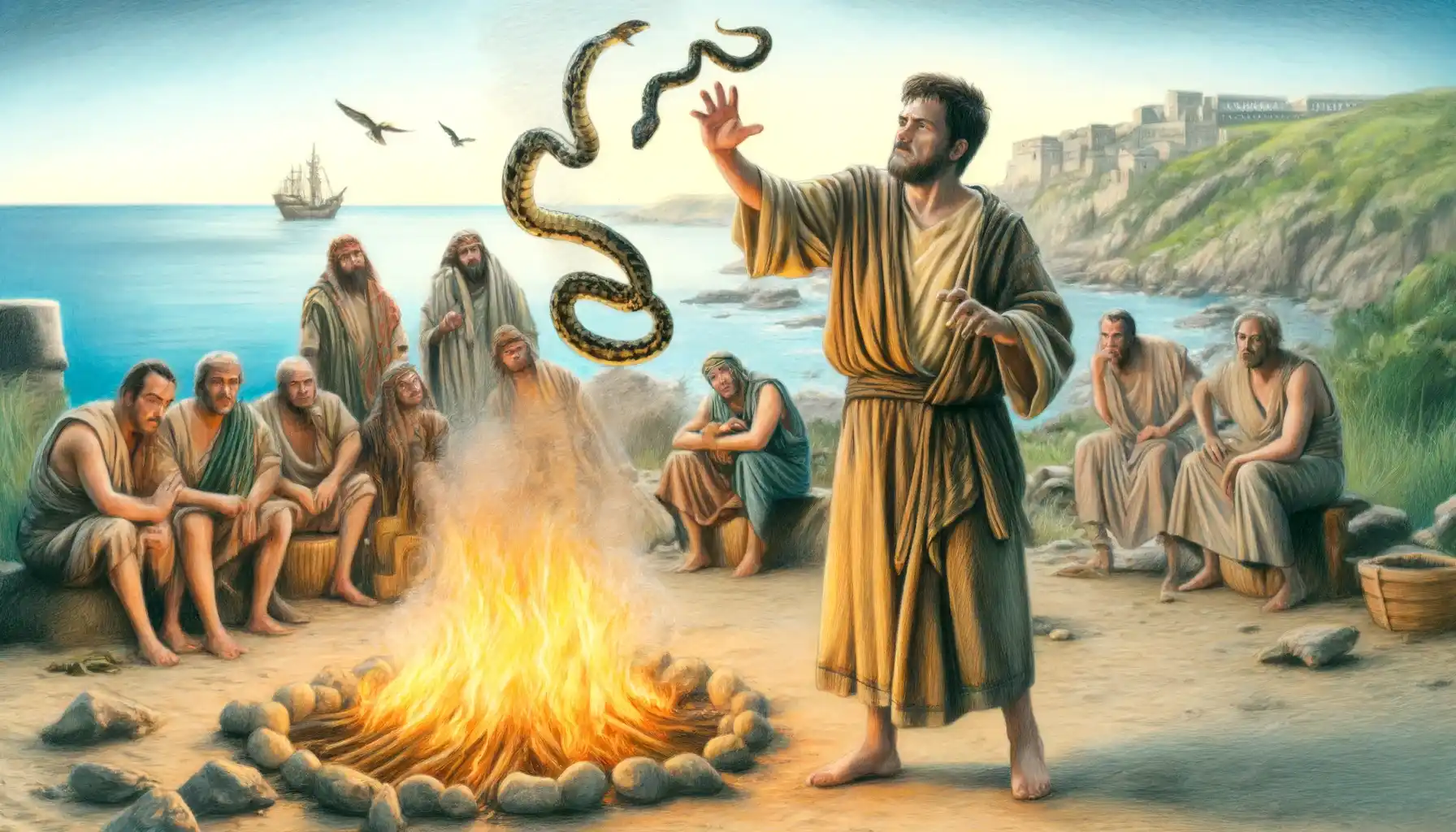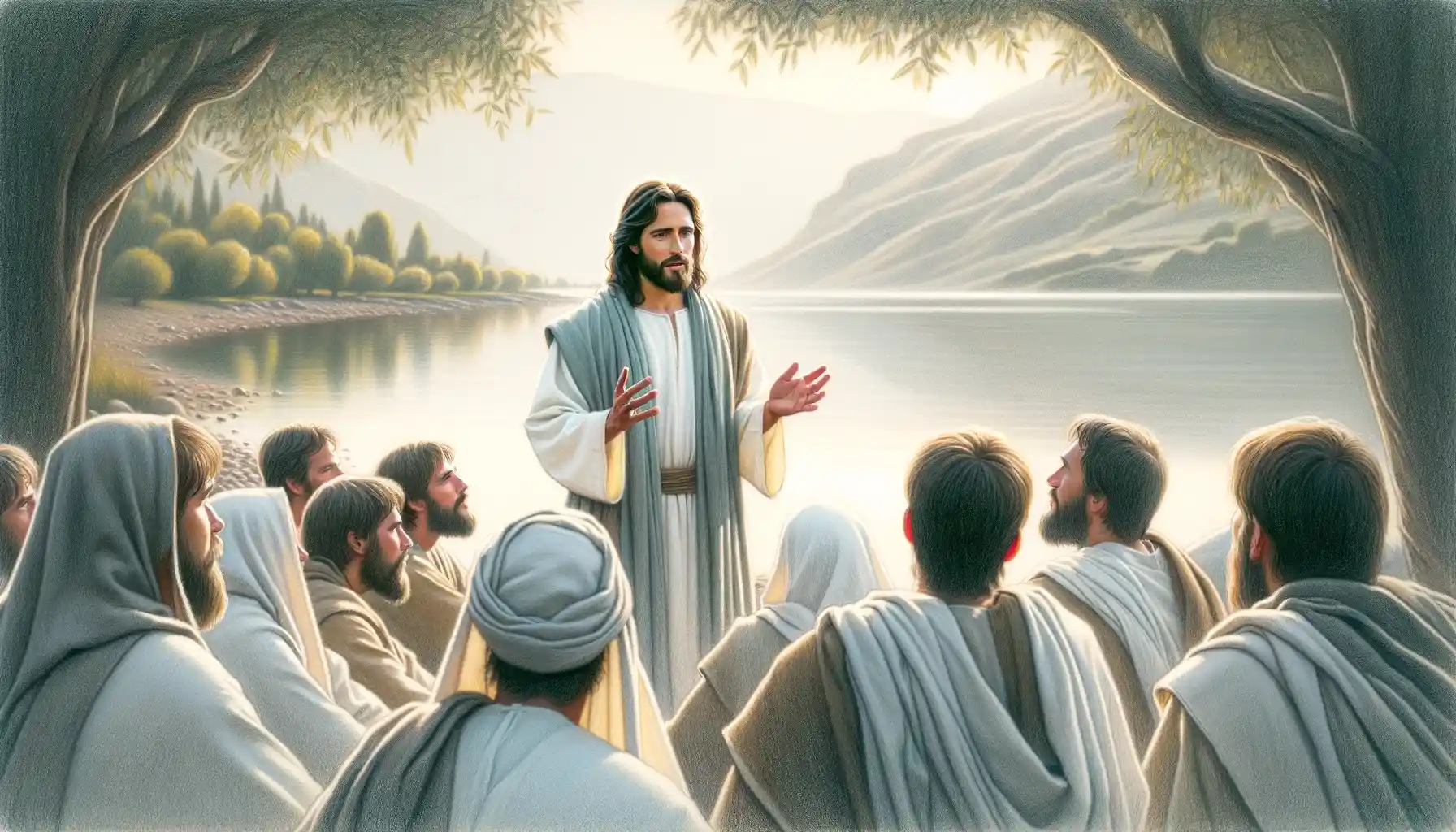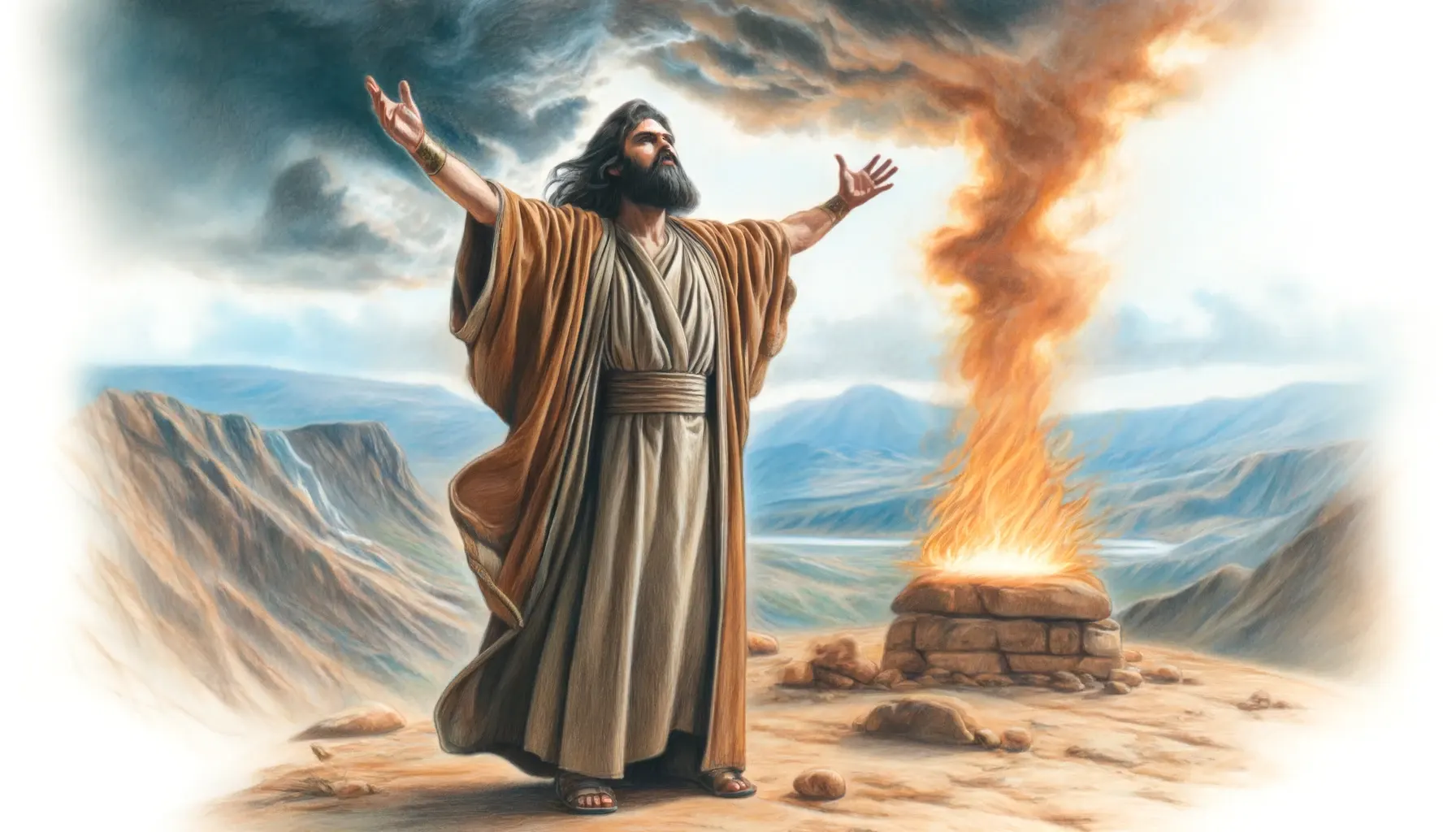The Gifts of the Spirit are divine empowerments given by the Holy Spirit to believers in Christ to build up the Church and spread the gospel. These gifts vary in nature and purpose, ranging from practical service to supernatural acts like healing and prophecy. However, they are all given by the same Spirit and must be exercised in love to bring unity and glorify God.
Infertility in the Bible is depicted through the lives of Sarah, Rebekah, Rachel, Hannah, and Elizabeth, illustrating the profound faith and divine intervention that transformed their struggles into stories of hope and fulfillment.
Gideon’s fleece is a biblical event where Gideon sought and received two miraculous signs from God involving a fleece of wool to confirm His promise to deliver Israel from the Midianites, highlighting themes of divine patience, human doubt, and the importance of faith and obedience.
Paul’s third missionary journey, accompanied by various disciples including Timothy and Luke, focused on strengthening and encouraging the early Christian communities he had previously established, as he traveled from Antioch through key locations such as Galatia, Phrygia, Ephesus, Macedonia, Greece, Troas, Miletus, and Jerusalem, preaching the Gospel, performing extraordinary miracles, facing opposition, and providing pastoral care, ultimately solidifying the foundation of the early church despite significant personal risk and challenges.
Paul’s first missionary journey, undertaken with Barnabas and John Mark, marked a foundational moment in the spread of early Christianity as they traveled from Antioch to Cyprus, Pisidian Antioch, Iconium, Lystra, and Derbe, preaching the Gospel, performing miracles, facing persecution, and establishing new churches, thereby demonstrating the transformative power of the Gospel and the inclusivity of God’s salvation plan.
In Acts 28:8-9, after surviving a shipwreck and a viper bite, Paul performs miraculous healings on the island of Malta, including curing the father of Publius, the chief official, and many other sick islanders, which leads to widespread recognition of God’s power.
The island of Malta, where the Apostle Paul was shipwrecked and performed miracles, is significant in Acts 28 for demonstrating divine intervention and the spread of early Christianity through Paul’s miraculous survival of a viper bite and subsequent healing of the island’s inhabitants.
In Acts 28:3-5, Paul is bitten by a viper while gathering firewood on the island of Malta, but he suffers no harm, leading the islanders to view him as under divine protection.
Jesus Christ, central to Christianity, is believed to be the divine Son of God who came to earth to offer salvation through His teachings, death, and resurrection. His life and miracles, documented in the New Testament, continue to inspire and guide millions of believers worldwide.
Elijah, a defining prophet in the Hebrew Bible, is celebrated for his unwavering dedication to God, most notably demonstrated through his dramatic confrontation with the prophets of Baal on Mount Carmel, where he proved God’s supreme power by calling down fire from heaven.

